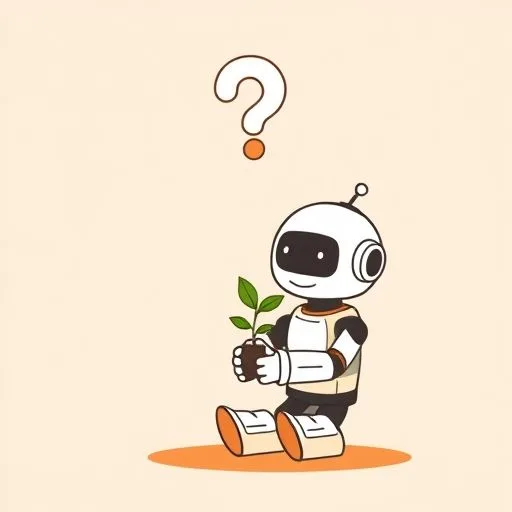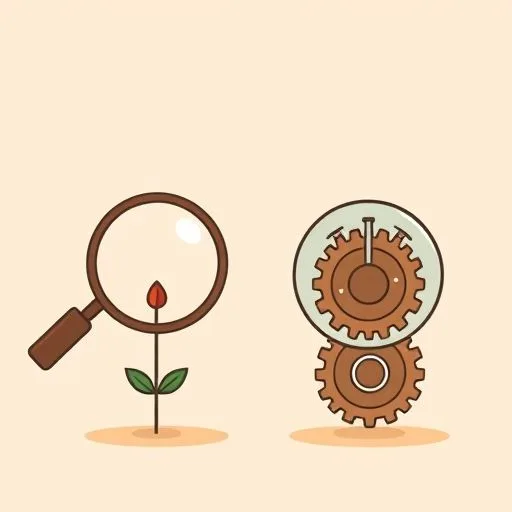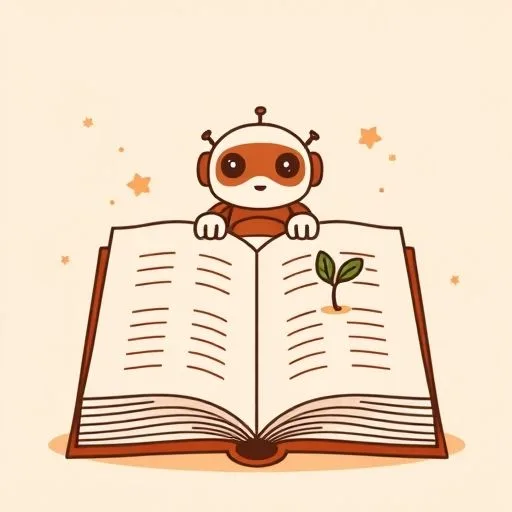
You’ve seen the headlines—’24 days of work in 6 hours!’—and felt that tug, right? That mix of wonder and worry. What does this mean for our kids’ future? What skills will they need? But here’s the truth behind the hype: AI isn’t magic. It’s a tool—powerful, yes, but with limits that hit hard. And as parents, we’re not just watching from the sidelines; we’re guiding the next generation through this wild new landscape. Let’s break it down together, not with fear, but with hope and clarity.
The Promise And The Pitfall: Why That $20 Miracle Comes With Strings

Imagine this: You find a tool that promises to supercharge your productivity. You try it—and wow, it delivers! Tasks that used to take days now fly by in hours. You feel unstoppable… until suddenly, you hit a wall. The tool stops working unless you pay ten times more. That’s exactly what happened with those coding stories—initial bursts of speed followed by frustrating limits.
Just like planning a family trip where unexpected tolls pop up, I’ve seen how AI’s fine print surprises even the savviest travelers in our crew. It’s like discovering a shortcut on your family road trip that saves hours… only to find it’s a toll road that costs way more than you expected. The excitement fades fast when reality sets in.
And here’s what really matters for us as parents: This isn’t just about coding. It’s about the world our kids are growing up in—a world where AI tools promise easy answers but often come with hidden costs. Do we want them relying on quick fixes, or building real skills that last?
What The Research Really Says: AI’s Impact Isn’t One-Size-Fits-All

You know what’s wild? Some studies actually found something surprising: While AI can help some people work faster, it actually slows others down. Experienced developers using AI tools took 19% longer to complete tasks! They thought they were speeding up, but the data showed the opposite.
When I saw that stat, I immediately thought about my daughter’s curious questions on our walk home from her school just 100 m away—how sometimes the fastest answer isn’t the best one for learning. Think about that for our kids’ education. If we just hand them AI tools without teaching the fundamentals, we might actually be holding them back. It’s like giving a child a calculator before they understand basic math—they can get answers, but they miss the deeper understanding.
Meanwhile, junior developers and newcomers did see real benefits—sometimes 40% productivity boosts. This tells us something crucial: AI works best when it complements skills, not replaces them. For our children, that means building strong foundations first, then adding AI as a helper, not a crutch.
The Real Superpower: Teaching Our Kids To Ask Better Questions

Here’s the heart of it all: The most valuable skill in the AI age isn’t knowing how to use the tools—it’s knowing what questions to ask. Those coding stories show this beautifully. The successful users didn’t just say ‘code this for me.’ They asked specific, thoughtful questions that guided the AI to better solutions.
This is exactly what we want for our kids! Instead of worrying about AI replacing their future jobs, we can focus on helping them develop the skills AI can’t replicate: curiosity, critical thinking, and creativity. Those moments when your child asks ‘why’ for the tenth time? That’s not annoying—that’s them building their superpower!
Imagine raising children who don’t just accept AI answers but challenge them. Who use these tools as starting points for their own ideas. That’s the future we can build together—one where technology serves human creativity, not the other way around.
Practical Hope: How We Can Guide Our Families Through The AI Revolution

So what do we actually do? First, breathe. We don’t have to become tech whizzes overnight—it’s about bringing the same thoughtful approach we use in other parenting areas to technology.
Start with awareness. Talk with your kids about how AI works—not as magic, but as patterns and data. When they use educational apps, discuss what’s happening behind the scenes. Make it a family conversation rather than a mystery.
Focus on balance. Just like we balance screen time with outdoor play, we can balance AI assistance with hands-on learning. Encourage projects where kids use AI as one tool among many—writing stories with AI suggestions, then revising them with their own voice. Creating art with digital tools, then painting it physically.
Most importantly, emphasize the human skills that matter most: empathy, connection, and ethical thinking. These are the things no algorithm can replicate—the things that make us truly human. And isn’t that what we most want to nurture in our children?
Looking Forward With Hope, Not Fear

Those viral stories about AI miracles? They’re not endings—they’re beginnings. Beginnings of important conversations we need to have as families and as a society.
The truth is, we’re all learning together. There will be missteps and surprises—just like there are in any aspect of parenting. But we’re not helpless observers; we’re active guides helping shape how this technology develops and how our children engage with it.
What gives me hope? Seeing how our children naturally blend technology with imagination. Watching them use AI tools to enhance their creativity rather than replace it. Hearing them ask questions that show they’re thinking critically about the world they’re inheriting.
That’s the real miracle—not that AI can sometimes work quickly, but that we’re raising a generation that might just use it more wisely than we ever imagined. Wow—that’s a future worth building, hand in hand, and I can’t wait to see it!
Source: I used a $20 AI tool to finish 24 days of coding in 6 hours – but there’s a big catch, Zdnet, 2025/09/11 18:24:00
